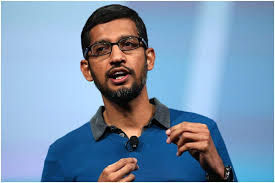Tech
Google Partners with BlackRock to Develop Solar Energy Projects in Taiwan

Google announced a significant partnership with BlackRock on Monday to develop a 1 gigawatt pipeline of new solar capacity in Taiwan. This move aims to increase energy capacity and reduce carbon emissions in the face of rising demand fueled by the artificial intelligence boom. The collaboration involves a capital investment in Taiwanese solar developer New Green Power, a BlackRock portfolio firm, to facilitate the expansion of large-scale solar projects. This investment, however, is pending regulatory approval.
Investment Goals and Impact
Google has not disclosed the specific amount of its investment in New Green Power. The primary objective is to enhance the clean energy infrastructure on Taiwan’s local electricity grid, aiding Google in its ambitious target of achieving net-zero emissions across all operations and its value chain by 2030. This new solar capacity will be instrumental in powering Google’s data centers and cloud region in Taiwan. Additionally, a portion of this clean energy will be made available to Google’s chip suppliers and manufacturers in the region.
Solar Energy Procurement
Amanda Peterson Corio, Google’s global head of data center energy, stated in a blog post that Google expects to procure up to 300 megawatts of solar energy from this pipeline through power purchase agreements (PPAs) and associated energy attribute certificates (Taiwan Renewable Energy Certificates or T-RECS). This energy will meet the electricity demands of Google’s data center campus, cloud region, and office operations in Taiwan.
Commitment to Clean Energy
David Giordano, BlackRock’s global head of climate infrastructure, emphasized the importance of investing in clean energy amid growing demand for digital services driven by AI and data-centric technologies. This partnership reflects Google’s commitment to sustainable development and its strategic efforts to align with global climate goals.
Tech
X to stop Grok AI from undressing images of real people
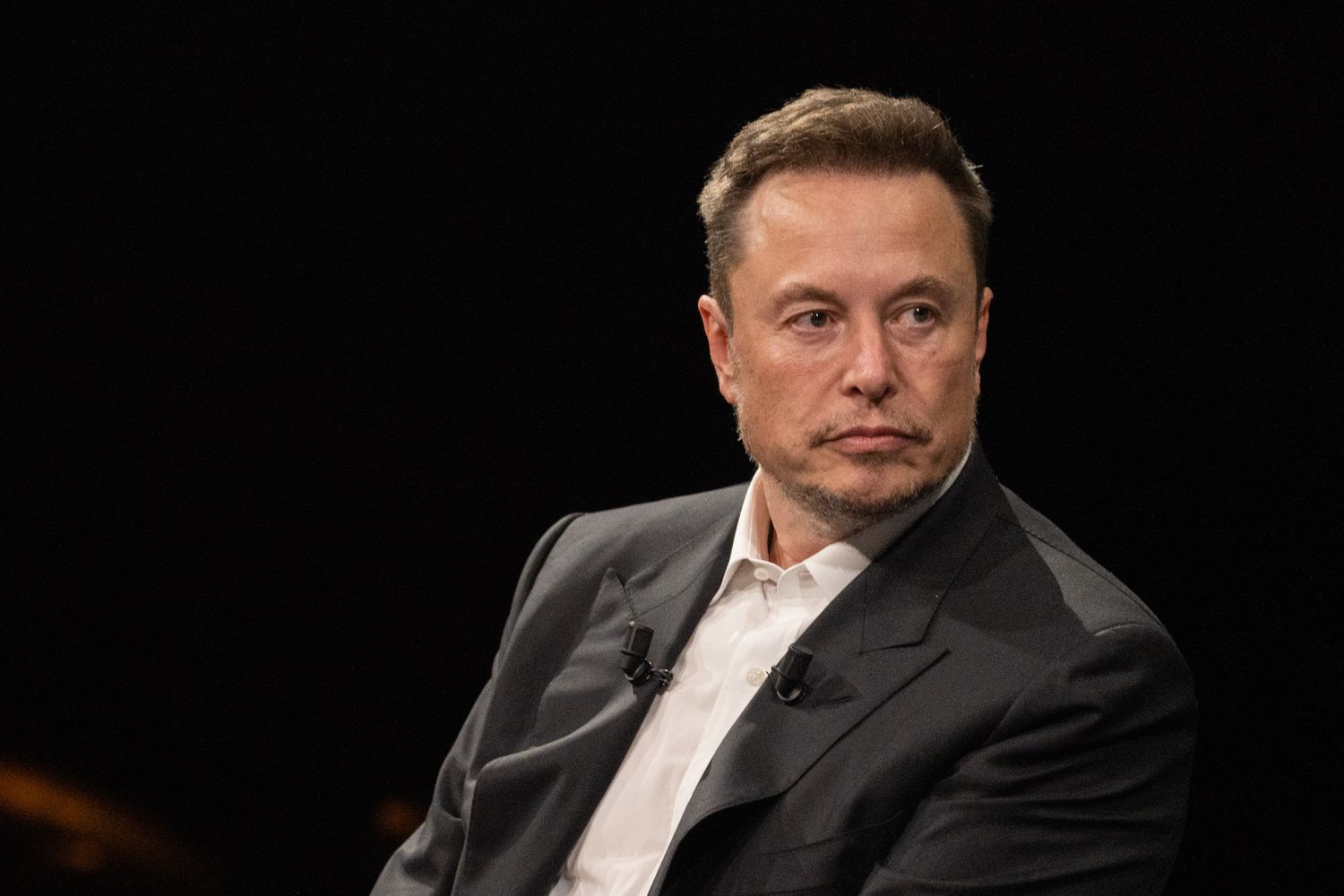
X has announced that its artificial intelligence tool, Grok, will no longer be able to edit images of real people to depict them in revealing clothing in jurisdictions where such activity is illegal, following widespread backlash over the misuse of sexualised AI deepfakes.
In a statement published on the platform, X said it had introduced new safeguards to prevent the Grok account from being used to manipulate photos of real individuals in a sexualised manner. “We have implemented technological measures to prevent the Grok account from allowing the editing of images of real people in revealing clothing,” the company said.
The move has been welcomed by UK authorities, who had previously raised concerns about the tool’s use. The UK government described the decision as a “vindication” of its calls for X to take stronger action to control Grok. Media regulator Ofcom also said the change was a “welcome development”, while stressing that its investigation into whether the platform breached UK laws is still under way.
“We are working round the clock to progress this and get answers into what went wrong and what’s being done to fix it,” Ofcom said, signalling continued scrutiny despite the latest measures.
Technology Secretary Liz Kendall welcomed X’s announcement but emphasised the need for accountability. She said she would “expect the facts to be fully and robustly established by Ofcom’s ongoing investigation”, underlining the government’s commitment to ensuring online safety rules are upheld.
However, campaigners and victims of AI-generated sexualised images say the decision has come after significant harm had already been caused. Journalist and campaigner Jess Davies, who was among women whose images were edited using Grok, described the changes as a “positive step” but said the feature should never have been permitted in the first place.
Tech
Alibaba Opens AI Video Generation Model for Free Use Globally
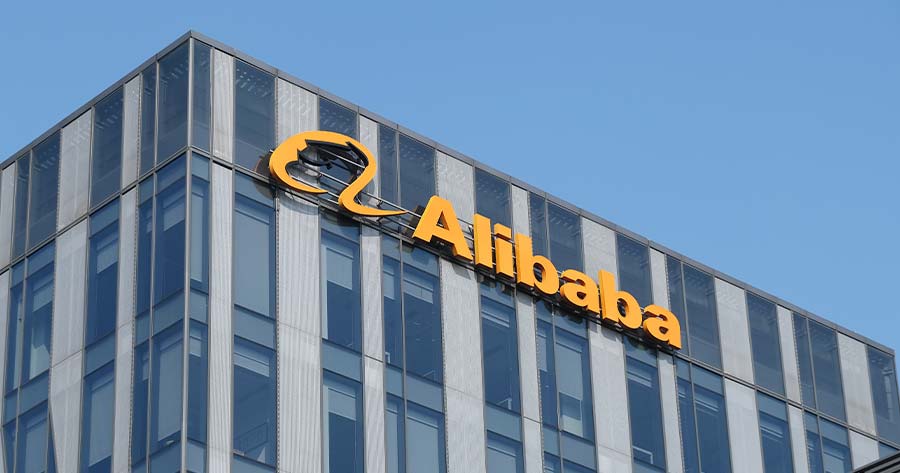
Chinese tech giant Alibaba has made its latest AI video generation models freely available worldwide, intensifying competition with rivals such as OpenAI.
The company announced on Wednesday that it is open-sourcing four models from its Wan2.1 series, its most advanced AI model capable of generating images and videos from text and image inputs. These models will be accessible via Alibaba Cloud’s Model Scope and Hugging Face, making them available to academics, researchers, and businesses globally.
Following the announcement, Alibaba’s Hong Kong-listed shares surged nearly 5%, continuing a strong rally that has seen the stock gain 66% in 2025. Investors have been optimistic about the company’s growing role in AI and its improving financial performance, buoyed by recent policy signals from Chinese President Xi Jinping supporting the domestic private sector.
Alibaba’s move aligns with a broader trend in China, where companies are increasingly embracing open-source AI. In January, DeepSeek, another Chinese firm, shook global markets by revealing that its AI model was trained at a fraction of the cost of competitors, using less-advanced Nvidia chips. Both Alibaba’s and DeepSeek’s models are open-source, meaning they can be downloaded and modified freely, unlike proprietary AI models such as those developed by OpenAI, which generate direct revenue.
The shift towards open-source AI has sparked debate over whether AI models will become commoditized. While companies like Meta are leading the open-source push in the U.S. with their Llama models, Chinese firms have been particularly aggressive in this space, aiming to drive innovation and build global AI communities.
Tech
VP JD Vance Pledges to Protect U.S. AI and Block Its Weaponization

Vice President JD Vance reaffirmed the U.S. commitment to safeguarding its artificial intelligence and semiconductor technologies, vowing to block efforts by authoritarian regimes to weaponize them.
Speaking at France’s AI Action Summit in Paris, Vance warned that some nations have exploited AI for military intelligence, surveillance, and foreign data manipulation. “This administration will block such efforts, full stop,” he stated. “We will safeguard American AI and chip technologies from theft and misuse, work with our allies and partners to strengthen and extend these protections, and close pathways to adversaries attaining AI capabilities that threaten all of our people.”
While he did not directly name China’s AI model DeepSeek, which has drawn global attention for its competitive performance at a lower cost, Vance criticized heavily subsidized technologies exported by authoritarian states. “We’re all familiar with cheap tech in the marketplace that’s been heavily subsidized and exported by authoritarian regimes,” he said.
In a pointed message to allies, Vance cautioned against collaborating with companies linked to such regimes, arguing it would compromise national security. “Chaining your nation to an authoritarian master that seeks to infiltrate, dig in, and seize your information infrastructure never pays off,” he added.
The U.S. has ramped up efforts to control AI development and chip manufacturing, tightening restrictions on exports to China and strengthening alliances in the tech sector.
-

 News7 days ago
News7 days agoIranian Nobel Laureate Faces New Sentence as Support and Global Scrutiny Intensify
-

 News7 days ago
News7 days agoRussia Identifies Suspects in Shooting of Senior General
-

 News6 days ago
News6 days agoStarmer Vows to Stand Firm as He Rallies MPs Amid Mounting Political Pressure
-

 News4 days ago
News4 days agoNine killed and 25 injured in shootings at school and home in Canada
-

 Entertainment1 week ago
Entertainment1 week agoGraham Norton and Lewis Capaldi Join Taylor Swift for Playful, Star-Studded ‘Opalite’ Video
-
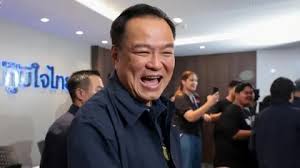
 News7 days ago
News7 days agoThai PM claims election victory as Conservatives Take Commanding Lead
-

 Entertainment6 days ago
Entertainment6 days agoBad Bunny Breaks New Ground at Super Bowl with Spanish-Language Spectacle Celebrating Unity
-
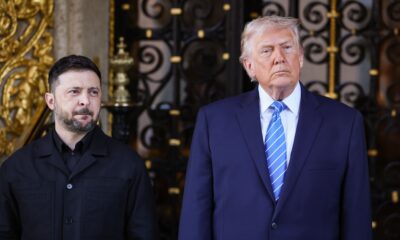
 News1 week ago
News1 week agoZelensky Says US Aims for June Deadline to End Ukraine War

